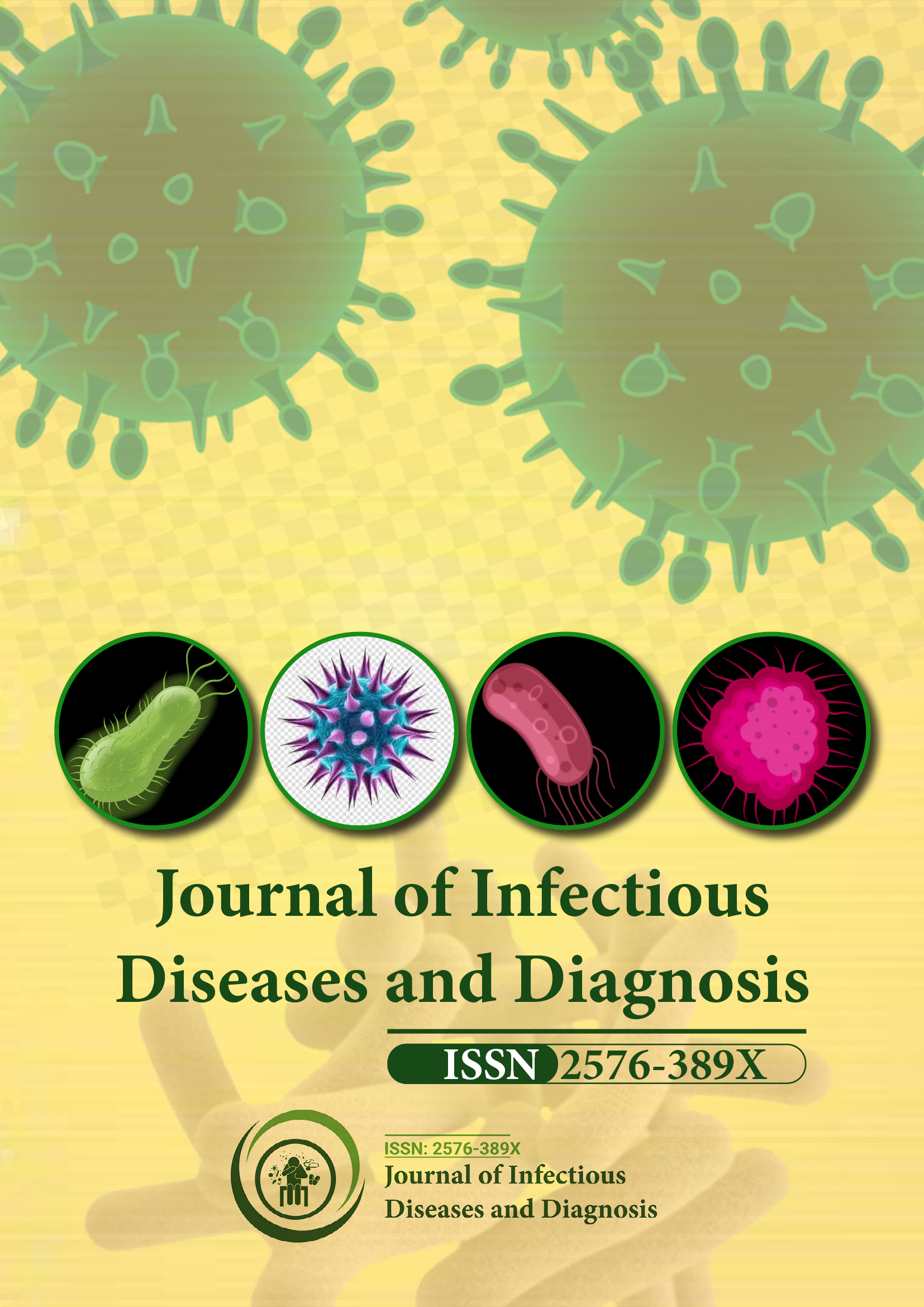Индексировано в
- RefSeek
- Университет Хамдарда
- ЭБСКО АЗ
- Паблоны
- Евро Паб
- Google Scholar
Полезные ссылки
Поделиться этой страницей
Флаер журнала

Журналы открытого доступа
- Биоинформатика и системная биология
- Биохимия
- Ветеринарные науки
- Генетика и молекулярная биология
- Еда и питание
- Иммунология и микробиология
- Инжиниринг
- Клинические науки
- Материаловедение
- медицинские науки
- Науки об окружающей среде
- Неврология и психология
- Общая наука
- Сельское хозяйство и аквакультура
- Сестринское дело и здравоохранение
- Управление бизнесом
- Фармацевтические науки
- Химия
Абстрактный
ЮНЭЙДС «90-90-90»: борьба со стигмой и дискриминацией в связи с ВИЧ необходима для прекращения ВИЧ как глобальной угрозы к 2030 году
Гэри Блик* и Жанетт М. Райт
Тридцать шесть лет спустя после первых случаев того, что впоследствии стало известно как состояния, связанные со СПИДом, вирус иммунодефицита человека (ВИЧ) заразил более 70 миллионов человек, убил почти 35 миллионов и оставил 36,7 миллионов людей, живущих с ВИЧ (ЛЖВ). Понимая, что без быстрого расширения АРТ эпидемия ВИЧ/СПИДа будет продолжать опережать глобальные меры реагирования до конца 2015 года, «Стратегия ускоренного реагирования 90-90-90» ЮНЭЙДС 2014 года заложила основу для глобальной стратегии развития на последующие 15 лет, включая прекращение эпидемии СПИДа к 2030 году. Для достижения этой амбициозной цели число новых случаев заражения ВИЧ в мире должно снизиться до менее 500 000 в год.
Ключом к достижению стратегии «90-90-90» является стратегия «Тестировать и лечить», принятая Всемирной организацией здравоохранения (ВОЗ), но для достижения успеха все ВИЧ-инфицированные маргинализированные и уязвимые группы населения должны быть информированы, наделены полномочиями, мобилизованы и вовлечены. Существует множество проблем, которые реалистично должны быть решены, и огромные барьеры, которые необходимо преодолеть, чтобы успешно положить конец ВИЧ как глобальной угрозе здоровью. Понимание, борьба и преодоление стигмы и дискриминации в связи с ВИЧ остаются одной из самых больших проблем.